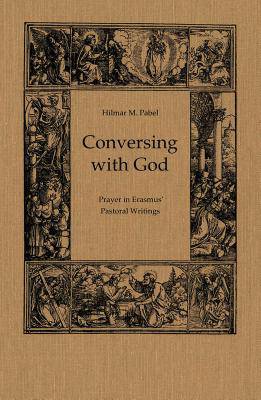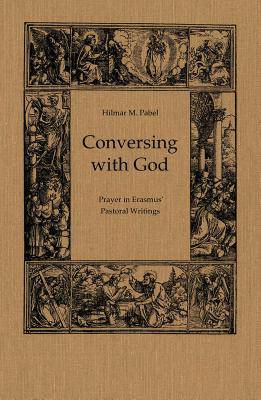
- Retrait gratuit dans votre magasin Club
- 7.000.000 titres dans notre catalogue
- Payer en toute sécurité
- Toujours un magasin près de chez vous
- Retrait gratuit dans votre magasin Club
- 7.000.000 titres dans notre catalogue
- Payer en toute sécurité
- Toujours un magasin près de chez vous
Description
In Conversing with God Hilmar M. Pabel examines Erasmus' understanding of prayer and how he taught western Christendom to pray in the Reformation era of the sixteenth century. To this end, Pabel adopts Erasmus' own rhetorical analysis of prayer, understood as a colloquy or conversation with God, and considers: Who is God, the audience of prayer? What sort of person should one be in order to pray? What is the proper object of prayer? With which words should one pray? Underlying this analysis is a principle both rhetorical and pastoral: accommodation. Pabel explains that in teaching his contemporaries how to accommodate their prayer to God, Erasmus engaged in a 'literary cure of souls, ' or a pastoral ministry executed through the printing press.
Pabel follows his outline of Erasmus' principles of prayer with an investigation of his defence of the invocation of the saints at a time when Protestants were rejecting this form of devotion. He completes his study with an examination of Erasmus' interpretation of the Lord's Prayer, and an analysis of the prayer-book Precationes aliquot novae, published at the end of his life.
Conversing with God opens up for scholarly attention a much neglected aspect of Erasmus' philosophia Christi, building a lucid and cogent argument for the important theological aspect of Erasmus' prayers, which has often been discounted or denied by more traditional scholarship.
Spécifications
Parties prenantes
- Auteur(s) :
- Editeur:
Contenu
- Nombre de pages :
- 288
- Langue:
- Anglais
- Collection :
Caractéristiques
- EAN:
- 9780802041012
- Date de parution :
- 19-07-97
- Format:
- Livre relié
- Format numérique:
- Genaaid
- Dimensions :
- 152 mm x 231 mm
- Poids :
- 517 g







